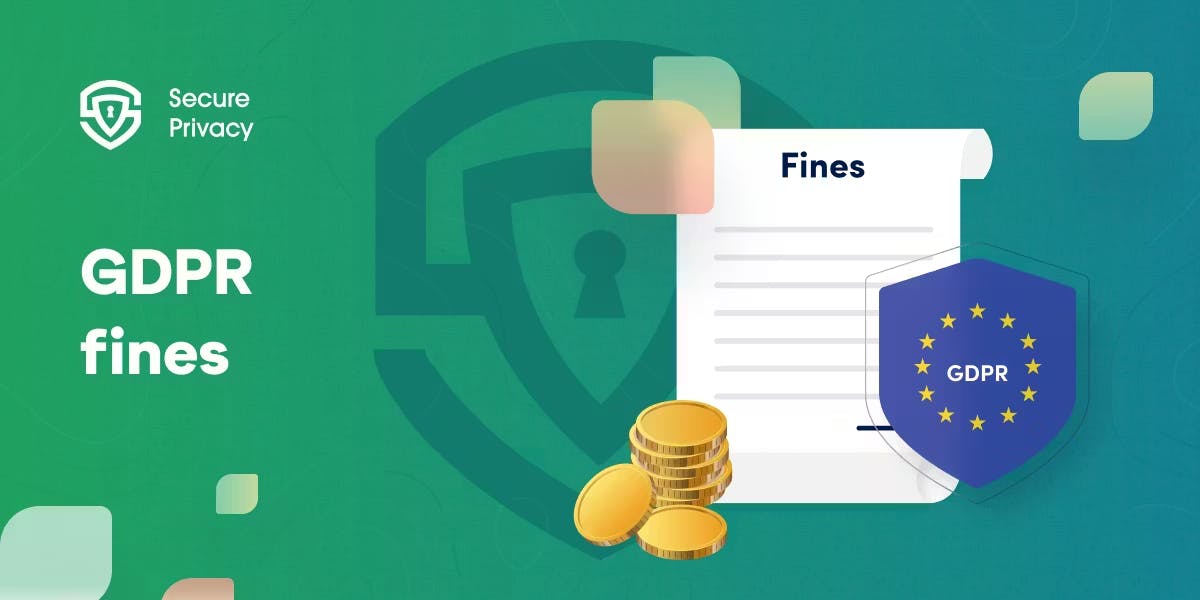How to implement an Online Data Protection Strategy
When a company operates online within the European Union, or when its website visitors come from the EU, the company must comply with the General Data Protection Regulation (GDPR). The GDPR was created to protect citizens' personal data and restrict abuses.
When a company operates online within the European Union, or when its website visitors come from the EU, the company must comply with the General Data Protection Regulation (GDPR). The GDPR was created to protect citizens' personal data and restrict abuses.
What does “personal data” mean?
According to the CNIL, “personal data is any information relating to an identified or identifiable natural person.”
Thus, a person can be identified either directly or indirectly by their name, even their telephone number, their economic, social, or cultural situation, etc.
A person can also be identified by cross-checking a series of data points (i.e., a man living at address X, working for company Y, and born on January 1, 1990).
Why is personal data collected?
Companies want to have their customer’s information at their fingertips. Data collection enables them to deliver tailored ads to the right person at the right time. Using a multitude of their customer’s personal data, companies can then individualize its communication strategy according to each customer. All this data collected is a gold mine, and some companies have even specialized in monetizing it.
According to Fortune Business Insights, the global data industry was worth $200 billion in 2020 and $231 billion in 2021. Because the data economy is continually growing, several data protection laws have been established in many countries, although these laws are not systemically recognized.
Who is affected by the GDPR?
The GDPR applies to any organization, public or private, regardless of size, activity, or location, as long as it is based in the EU or directly targets EU citizens and residents. A private Canadian university, for example, looking to recruit European students must comply with the GDPR.
How can you ensure compliance when processing personal data?
“Processing of personal data," according to the CNIL, refers to any activity or series of activities relating to personal data, independent of the process utilized, i.e., collection, recording, organization, storage, adaptation, or modification.
A company's transparency towards its customer begins with its website. Guidelines and laws must be complied with to avoid abusing their visitors' confidence.
Are there any recommendations for the use of cookies?
We have a detailed article on the subject here.
Here are some basic recommendations to comply with:
- Include the “accept all” and “reject all” buttons in the banner design.
- Before placing non-essential cookies, it is recommended to obtain and legally secure the consent of visitors. (This can be easily done with our consent management center and automatic cookie blocking.)
- Visitors should have the option to withdraw their consent at any time (through our preference center).
- Cookies and services, as well as their various purposes, should be detailed in straightforward, clear, and transparent language in a cookie policy.
What happens if I don’t comply with the law?
The CNIL, France's data protection authority, has increased its controls in recent years. The CNIL's daily inspections might result in large fines and other consequences due to non-compliance. CNIL recently fined AMAZON EUROPE CORE for using advertising cookies without consent (35 Million Euros), and Total Energies for failing to comply with its requirements respecting commercial prospecting and personal rights (1 Million Euros).
What are the compliance solutions available?
It is possible to create a website solution by yourself that complies with all of the points above. This, however, will necessitate a substantial investment. You and your staff would have to devote a significant amount of time and energy in comprehending the legislative challenges and implementing them technologically.
Because data protection is still a growing subject, you'll need to stay up to date on changes to the various laws and then correctly implement them. You must then systematically store and document each consent obtained from your visitors. You will also need to develop a technology that can automatically block cookies, revoke consent, and change the selected settings in real-time. On top of that, you’ll also need to customize it to match your brand identity.
In order to avoid exhausting countless resources, solutions such as Secure Privacy exist. Our professionally developed solution ensures your website's compliance in a timely and efficient manner.
Final Thoughts
Processing personal data entails a number of responsibilities. To increase the trust of your consumers and partners, it is essential that you use a minimalist and open approach.

Cross-Device Tracking: A Complete Guide to Multi-Device User Attribution and Privacy Compliance

EU AI Act for CTOs: What Engineering Teams Must Build, Document, and Operationalize
Your product team ships a new AI-powered hiring screening feature. It ranks candidates automatically based on CV data. It is running in production across three enterprise clients in Germany, France, and the Netherlands. Nobody ran a risk classification exercise before launch. There is no technical documentation file. The logging infrastructure captures model outputs but not the decision logic. You have no human override mechanism.

GDPR Fines and Penalties Explained: Calculation, Enforcement Trends, and Risk Mitigation
Your legal team forwards you a letter from a supervisory authority. A data subject complaint has triggered a formal investigation. Your company processed personal data without a valid lawful basis six months ago — a decision made by a product manager who didn't loop in privacy counsel. Now you're looking at a potential Tier 2 fine, which means up to €20 million or 4 percent of your annual global turnover, whichever is greater. You have thirty days to respond.
- GDPR
